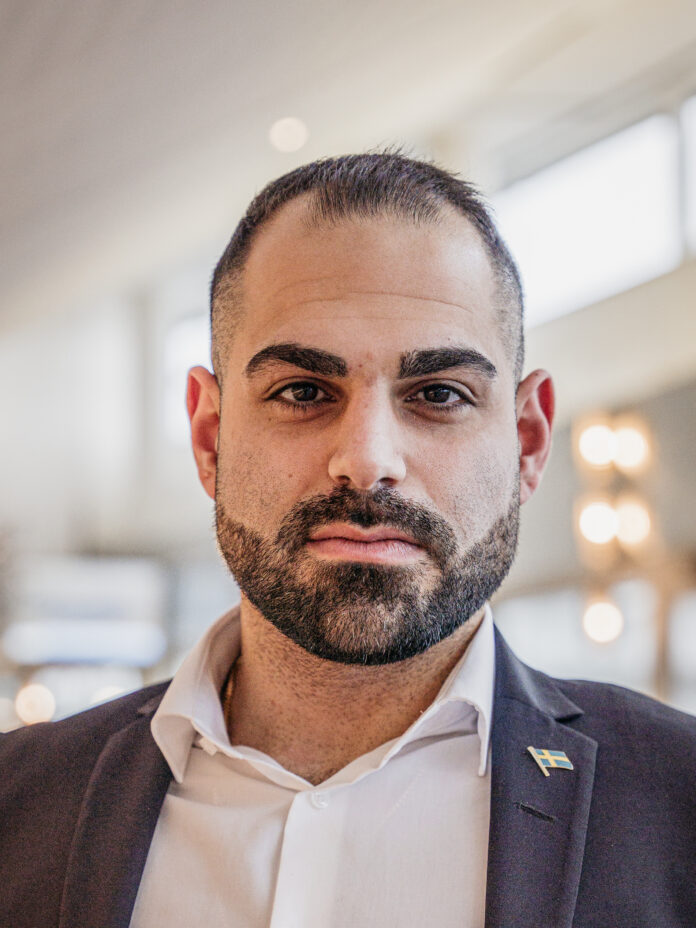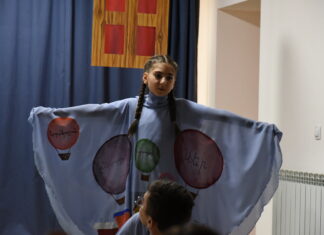YEREVAN – Arin Karapet (born 1988 in Spånga Parish in Stockholm County) is a Swedish politician (moderate) and a member of the Swedish Parliament (Riksdag) since 2018. Karapet describes himself as a Swedish Armenian who grew up in Rinkeby and Hässelby, and has spoken out in favor of recognition of the genocide of Armenians and Assyrians between 1915 and 1925. He was previously a member of the Stockholm County Council. In 2021, Karapet received the Armenian Parliament’s Medal of Honor.
My conversation with Arin took place last July in Yerevan.
Arin, how did you become involved in Sweden political life?
If you live in a society which you want to change, you should engage yourself in it. Just to sit and be disappointed is not a right way. I am coming from a family, where very often discussions about the society, the world, conflicts, etc., were taking place. I was grown up in that kind of environment and always been interested in making efforts for everyone in society. I have never run after a nice car; it would not change my life if I have it. When I was 15-16 years old, I got conscious what is going on in our society, what is good, what is bad. Once my mom said: “Do not come home and complain; if you want some changes, we are part of changes.” In Sweden every political party has its youth section, so I started to read about various ideologies and decided to go into the youth sector of Liberal Conservative Party, identifying myself with that ideology. So after 12 years of studying and working in an insurance sector, people started to push me in the party saying I should go to the National Assembly of Sweden. In our internal elections of the party I got the trust and I was put on the list. I was elected in 2018 and re-elected in 2022, first years being in opposition and now – in Parliament. So, it has been a long journey.
You represent the Moderate party of Sweden. Could you please tell us a bit about it?








